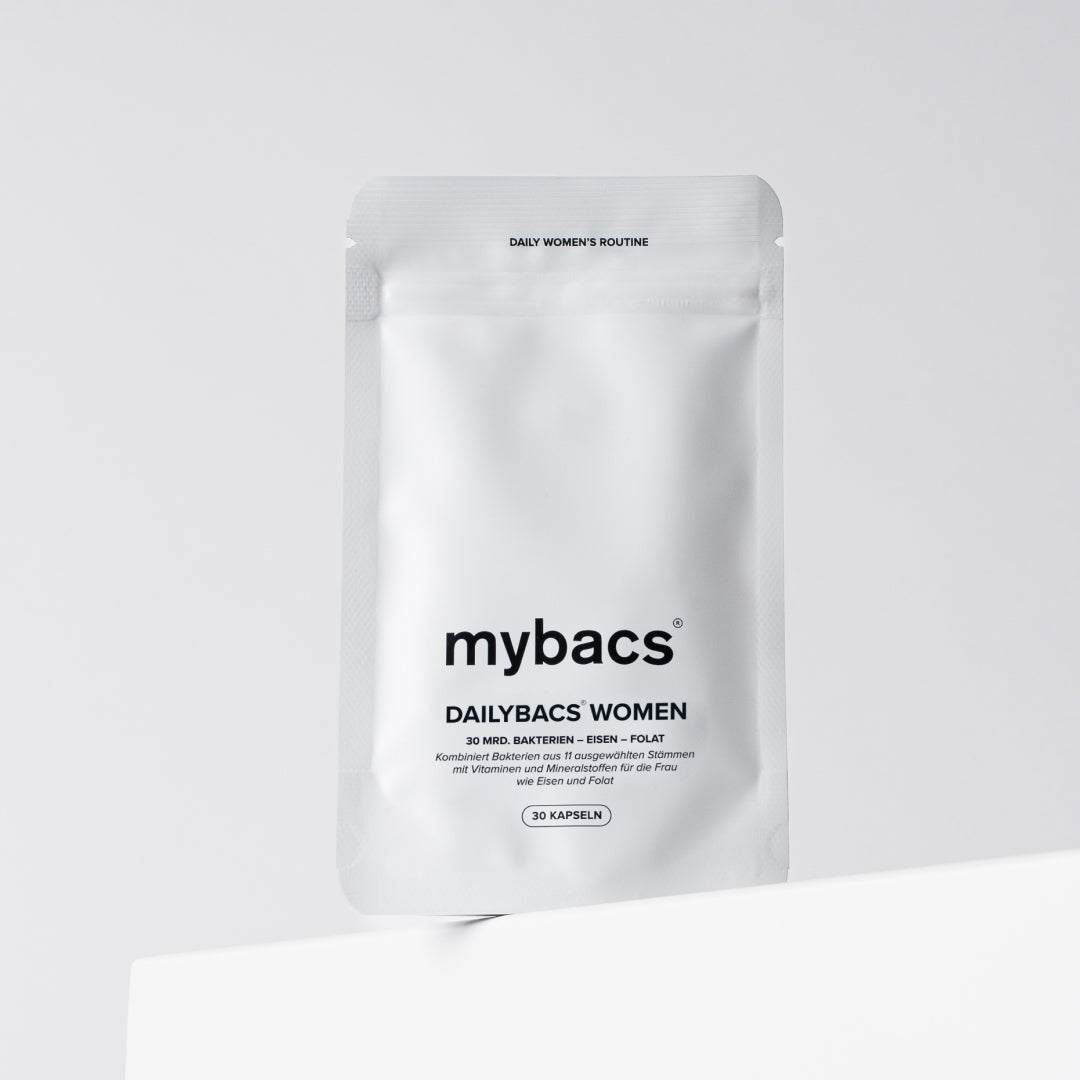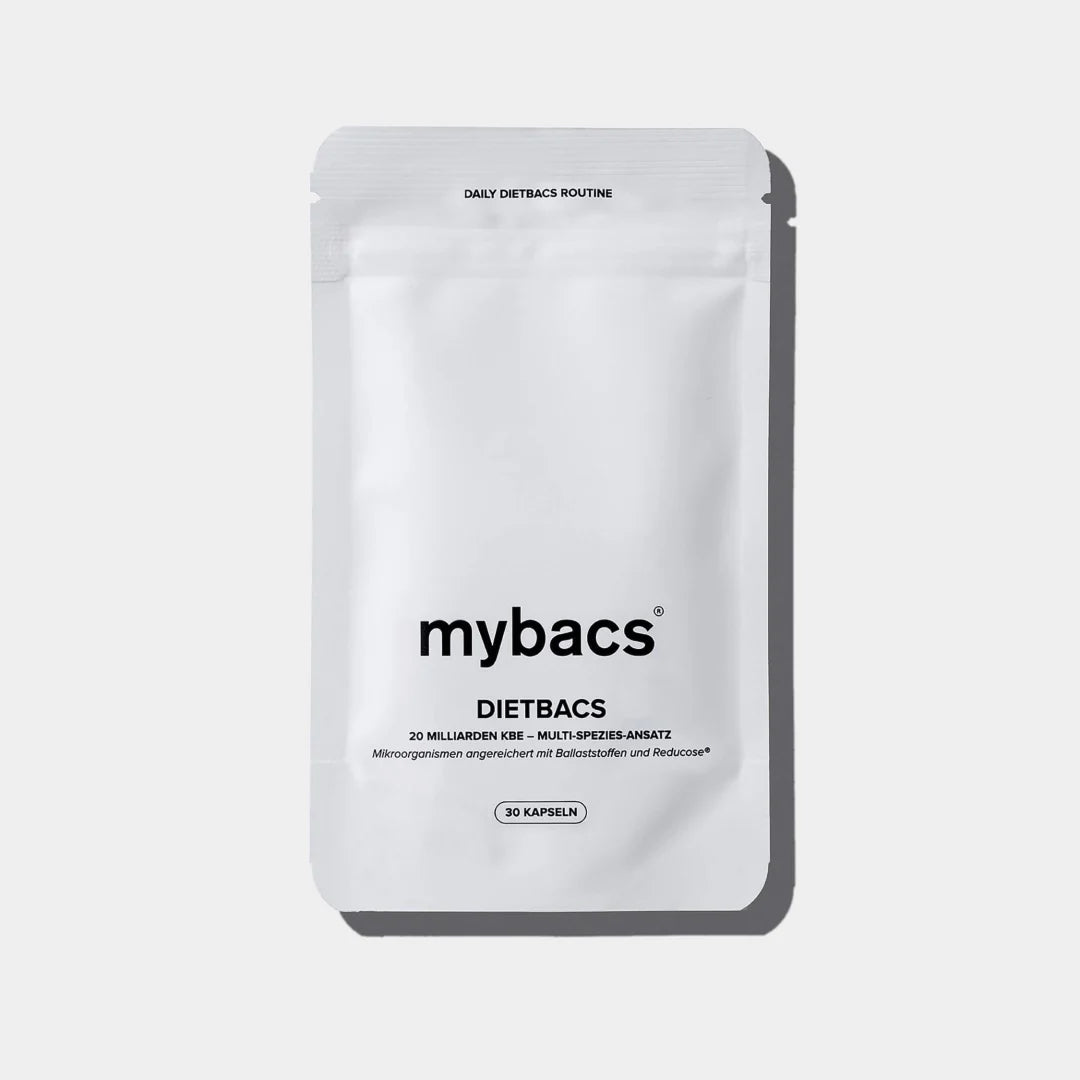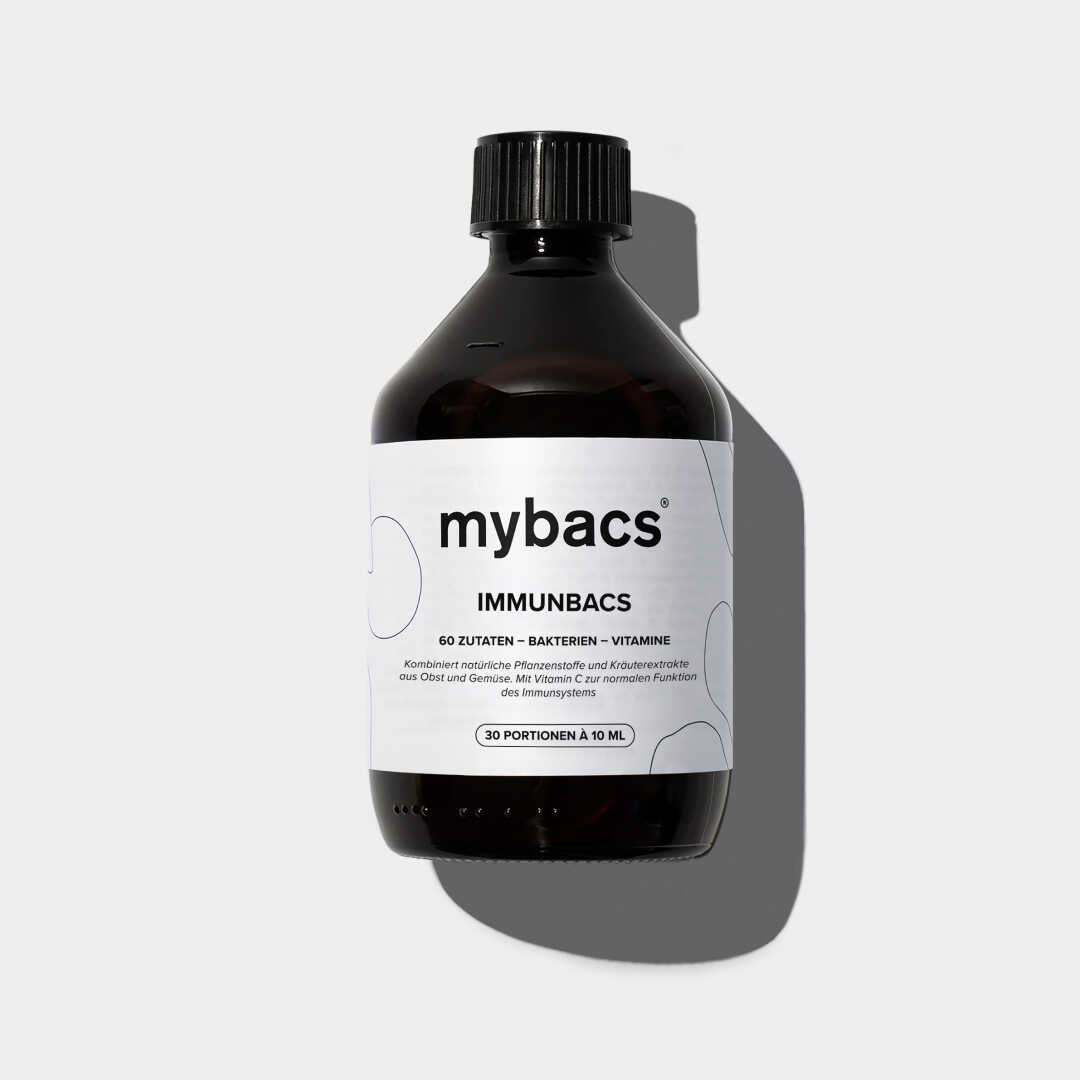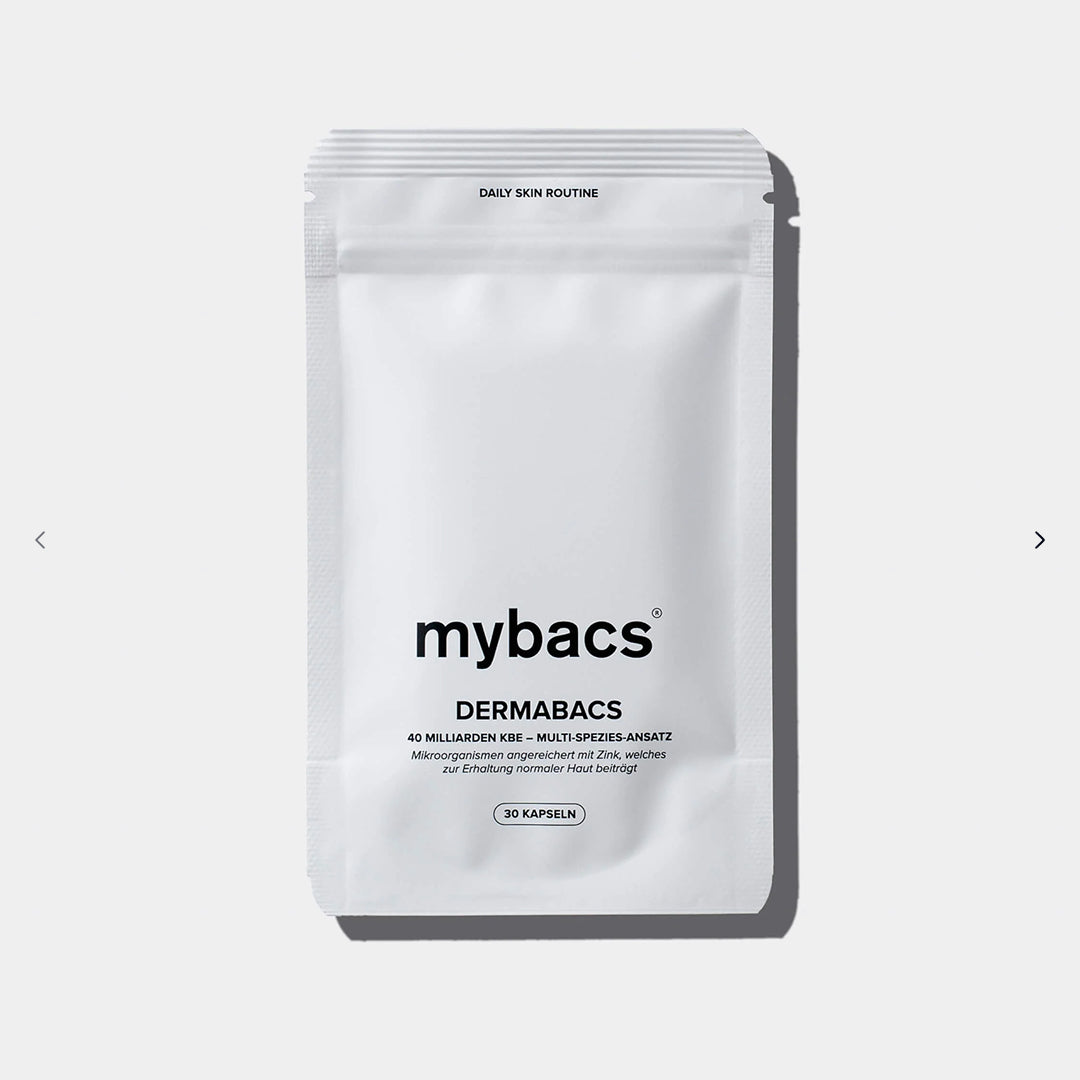Do you frequently suffer from constipation, bloating, or food cravings? It's often easy to assume that these symptoms are a food intolerance. But did you know that a low-fiber diet can also be the cause of such symptoms? Fiber plays an important role in our health and well-being.
What are fibers actually?
Dietary fiber is a component of plant-based foods, which is why it is also called fiber or plant fiber. It serves as food for our good gut bacteria, as humans cannot digest it due to a lack of enzymes in the digestive tract. These good gut bacteria, also known as living microorganisms, have, among other things, a positive effect on digestion and the human immune system. The entirety of these living microorganisms is referred to as the microbiome, or intestinal flora.
Why are fiber important for us?
Fiber offers a number of health benefits. With regular consumption, you can reap lasting and noticeable benefits. A high-fiber diet can, in the short term, contribute to improved digestion and even relieve constipation. Fiber also helps stabilize blood sugar levels, so you feel fuller for longer. The resulting regulated calorie intake can therefore support weight management and prevent cravings. In the long term, this lowers your cholesterol, supports cardiovascular health, and promotes healthy gut flora.
How much fiber do we need in our daily diet?
The German Nutrition Society (DGE) recommends that adults consume at least 30 grams of fiber daily. Less than a third of people in Germany achieve this amount!
For comparison: To get 30 grams of fiber, you should eat at least 150 grams of fruit and vegetables per day. This corresponds to about five servings of fruit and vegetables.
Where are fiber found?
As you can see, incorporating fiber into your diet is essential. But where is fiber found? Foods rich in fiber include grain products such as whole-grain bread, whole-grain pasta or whole-grain rolls, cereal flakes, muesli, brown rice, millet, and seeds. Fiber can also be found in almost all vegetables. With up to 10 grams per 100 grams, artichokes have a relatively high fiber content. Bananas, chicory, potatoes, cabbage, peppers, mushrooms, celery, asparagus, and Jerusalem artichokes are also very rich in fiber. Soy, legumes, fruit (both fresh and dried fruit), and nuts also have a high fiber content. However, with nuts, you should be aware that they have a high fat content, so you should not consume more than 25 grams per day.
Additionally, you should stabilize your fiber intake with probiotic supplements. Dailybacs for women or Dailybacs for men offer a unique combination of 11 clinically tested bacterial strains, as well as high-quality fiber as a food source for the microorganisms.
Why is it so difficult for us to consume enough fiber?
There are several reasons why it can be difficult to incorporate enough fiber into your daily diet:
- Inadequate food choices: Many diets are dominated by processed foods, which are often low in fiber. There is a particular lack of sufficient fresh fruit and vegetables on the menu.
- Fast and unhealthy eating habits: Quick meals, fast food, and convenience foods are often low in fiber. Moreover, preparing high-fiber foods requires a bit more time and planning than preparing processed foods. People with hectic lifestyles tend to resort to such convenient but low-fiber options.
- Lack of education: Although more and more studies demonstrate the need for adequate fiber consumption, most people are unaware of which foods are rich in fiber and how to incorporate them into their diet. Low awareness of fiber-rich foods may be another reason.
- Digestive problems: People prone to digestive problems such as bloating or diarrhea may try to avoid fiber to alleviate their symptoms. What most sufferers don't realize, however, is that gradually increasing fiber intake and choosing well-tolerated sources can help minimize such problems.
What should I pay attention to if I want to increase my fiber intake?
Since fiber requires a lot of fluid, you should drink 2-3 liters when you start increasing your fiber intake. You should also make sure to change your diet gradually to avoid the risk of bloating. Regular exercise and the occasional abdominal massage will help get your digestion back on track.





